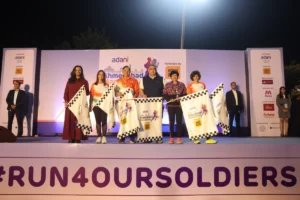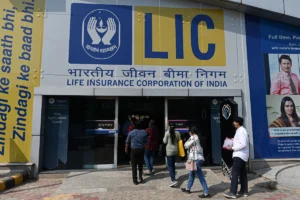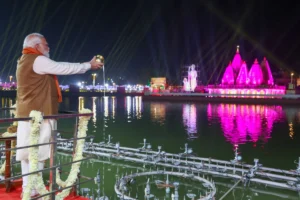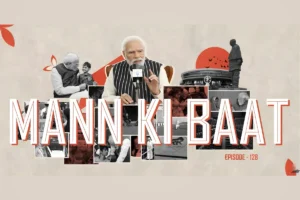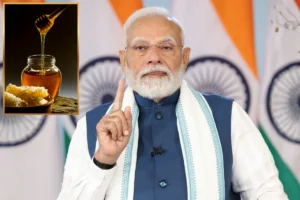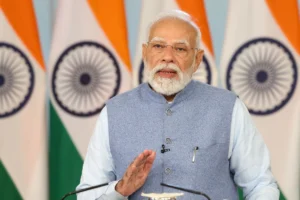
The Congress And PM Modi
The Congress administration criticized Modi, we advised them to target terrorism. Terrorism subsequently emerged in major cities and terrorists lost all fear as a consequence, At a recent rally in Gujarat, Prime Minister Narendra Modi yelled, plainly unsettling the Congress party, whose President Mallikarjun Kharge immediately responded with the offensive “Raavan jibe” for PM Modi.
Terrorism did reach its pinnacle between 2004 and 2014 under the UPA rule, if one ignores political hyperbole and concentrates just on the facts. The country had an average of one significant blast every six weeks during the period from July 11, 2006 (the day of the Mumbai train bombings) to November 26, 2008.
Indian Mujahideen
The cavalier approach of the Manmohan Singh government in dealing with terror and its desperate minority appeasement antics had emboldened terror groups to an extent where Indian Mujahideen had virtually penetrated every nook and corner of the country.
The Congress and Its Vote Bank Politics
Since the occasion is the Gujarat Assembly Elections, it may be apt to explain the Congress’ obsession with minority appeasement, with an example from the early 1950s, around an event in Gujarat.
In 1951, the then-President of India, Dr Rajendra Prasad, was invited to inaugurate the newly reconstructed Somnath Temple in Gujarat. This temple had been ravaged umpteen times by invaders, hence its restoration in independent India was a special historic occasion.
PM Jawaharlal Nehru wrote to the President asking him to reconsider, saying that the “President of a secular country doing this has a number of implications.” Nehru’s opposition notwithstanding, Dr Rajendra Prasad stood his ground and went ahead with the temple inauguration, but upon Nehru’s insistence, he had to do it in Dr Prasad’s personal capacity and the government machinery was kept out of it.
It is very clear thus that Nehru’s idea of secularism was an apologetic retreat of majority sentiments. Over the succeeding decades, under the watch of the imported Gandhis, this apologetic retreat metamorphosed into subservient acceptance of minority domination- the main reason why the UPA could never crush terror activities with an iron hand.
To read more such news, download Bharat Express news apps















